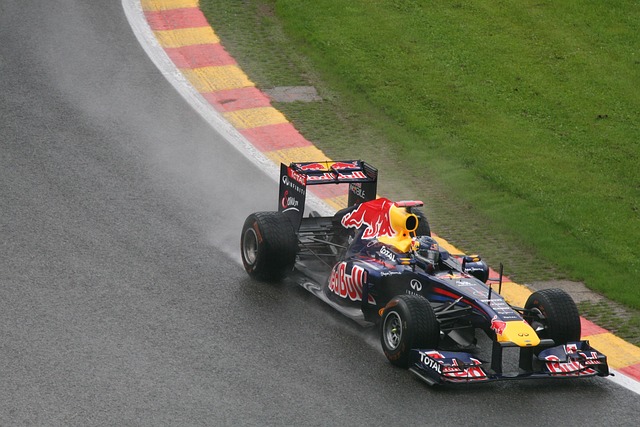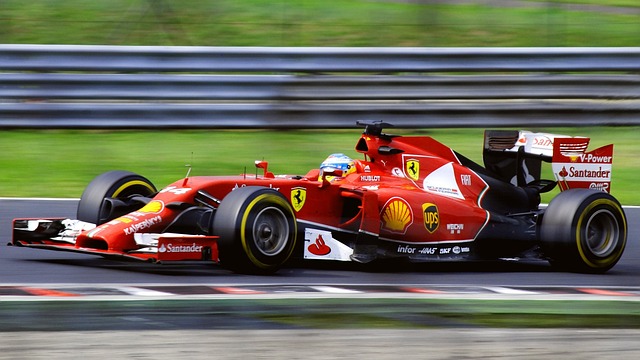Betting and divinities: a journey into religious cultures

In the colorful mosaic of religious cultures, the bet has danced subtly between the sacred and the profane. A journey into this unique world, immerses us in the depths of stories where gambling and the sacred intertwine in surprising ways.
Ancient Greece: oracles and divine fates
In Ancient Greece, the fate of men was often entrusted to the gods, with oracles divining the future through betting-like draws. Even the great heroes of the time, like Achilles, relied on games of chance to make crucial decisions. It was a world where the divine played with human destiny, intertwining faith and luck.
Middle Ages: a game of contrasts between faith and dice
In the beating heart of the Middle Ages, an era of crusades and cathedrals, an intriguing paradox insinuates itself. The Church, with her majestic authority, denounces gambling, yet, in the shadows of the naves, some of her devotees, including some Popes, secretly delight in dice. This dichotomy, almost a spiritual sleight of hand, reveals a dance between rigid religious dogmas and irrepressible earthly temptation.
Buddhism: a dance between desire and discipline

Let us now turn towards the East, where Buddhism, with its philosophy of balance and introspection, addresses gambling. Although seen as a leaf carried by the current of desire, in some Buddhist cultures, play harmonizes with daily life. It’s a balancing act, a delicate ballet between non-attachment and acceptance of human nature.
Islam: gambling in the inkwell of prohibition
We cross the sands of the Islamic world, where gambling is shrouded in a veil of iron prohibition, woven from the threads of the Koran. Here, the game is seen as a vortex that sucks in social order and spiritual purity. However, like dunes in the desert, stories emerge of clandestine betting, games hidden in the depths of Islamic societies, testimony to a humanity that challenges, even secretly, the imposed boundaries.
Judaism and games of chance: a celebration

In Judaism, gambling has a unique dimension, especially during the holiday of Purim. During this celebration, games of chance become a way to remember the capricious reversal of fortune narrated in the Book of Esther. Here, the game takes on a ritual meaning, turning into a symbol of joy and liberation.
Hinduism: play as a cosmic reflection
In the exotic fabric of Hinduism, gambling is reflected in the stories of the gods, a reflection of the cosmic game of Maya, illusion. Mythical narratives tell of deities playing dice, a metaphor for life and destiny. These stories, intertwined in everyday life, suggest an interpretation of gambling as part of a larger cosmic scenario, where luck and destiny intertwine in an eternal dance, reminding us that each play is a small chapter in the infinite narrative of ‘universe.
Conclusion: gambling in the folds of the sacred
Concluding this journey through cultures and times, a complex and fascinating picture emerges. Gambling, often seen as mere profane entertainment, actually has deep roots and hidden meanings in various religious traditions.